Fat burners, pre-workouts, coffee, and energy drinks – I have tried them all… the one thing that almost ALL them have in common? Caffeine.
Caffeine is the most widely used, and abused, drug on the planet. It’s readily available, cost effective and works! Think about it, you can get it almost everywhere you go.
There’s actually a lot of benefits of supplementing with caffeine … Here’s just a few:
- Reduces fatigue during exercise
- Increases aerobic capacity and improves performance in cardiovascular exercise
- Increases power output (lift more weight)
- Increases fat burning and heat production (burn more calories)
- Improves mood, alertness, reaction time and sense of well-being
Now with caffeine having so many benefits, why don’t we all drink it all day every day?
There are some drawbacks with caffeine, especially in larger amounts:
- Increased heart rate
- Increased blood pressure
- Increased nervousness and anxiety
- Decreased blood flow
- High doses can increase the stress hormone cortisol
The MAIN reason you should watch your caffeine intake is that the benefits decrease over time, and you have to increase the amount of caffeine you take in.
The human body is incredible at adaptation so you will develop a tolerance for these stimulants.
One small cup of coffee turns into two large ones.
Half a scoop of pre workout turns into slamming two full scoops just to feel something before your workout.
Here is the issue though…caffeine has about a 4-6 hour half-life … meaning that pre-workout at 5pm is in your system until 9pm or later.
If you consume caffeine, there’s a decent chance that you won’t ever TRULY have caffeine out of your system.
You may even struggle with winding down and sleeping … or you may get to sleep but not hit proper REM because caffeine is still in your system. We all know how crucial a proper sleep schedule is to recovery and overall health.
There comes a point where instead of adding more caffeine in … you should actually bring your dose down, or completely remove it from your diet for a bit.

A bit of science about caffeine. So a lot of people think caffeine gives you energy but not exactly. Caffeine looks chemically very similar to adenosine. Adenosine is what tells your brain, hey I’m tired. Lets go to bed!
But because caffeine looks similar it it actually goes in to the brains receptor and blocks adenosine from getting in. This makes you not feel tired.
But not feeling tired is not the same as giving you energy. You can see the difference. What gives you energy is food and oxygen. Caffeine is temporarily making you not tired.
Which if you think about it, that’s amazing but we need to be conscious that we are taking the right dosage and still making our main focus proper micronutrients (like multivitamins) and proper post workout recovery (fast digesting isolate protein and glucose)
Here are some commonly consumed products for reference:
- Cola (12 oz.): 30-47 mg
- Green tea (8 oz.): 24-40 mg
- Black tea (8 oz.): 14-61 mg
- Coffee (8 oz.): 95-200 mg
- Espresso (1 oz.): 40-75 mg
- Preworkouts (1 scoop): 150-400mg
Remember, more isn’t always better.
Taking a break from caffeine can be hard, but there are alternative supplements you could try to help with energy.
I’m not saying you should stop taking caffeine completely, because I take enough caffeine for all of Arizona.
But you should pay attention to your caffeine intake and be educated about it.
If you are struggling from low energy and need help with a plan reach out to one of our Certified Sports Nutrition Specialists and we can help you with a customized plan to get you feeling your best.
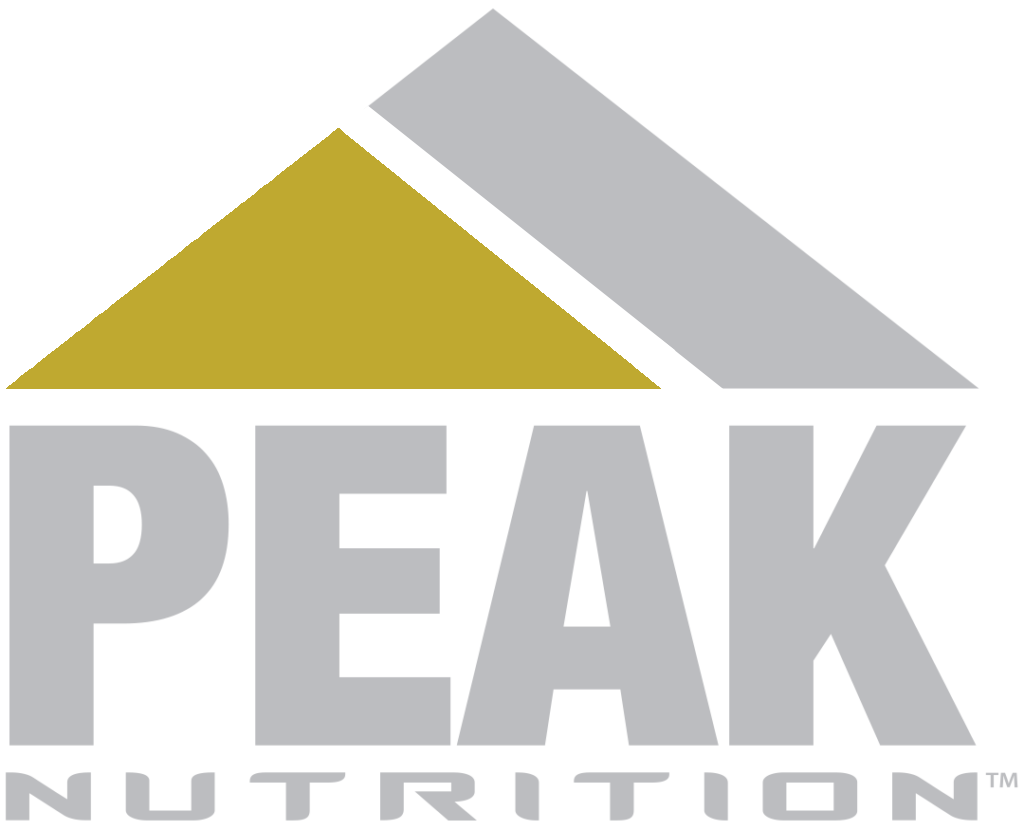
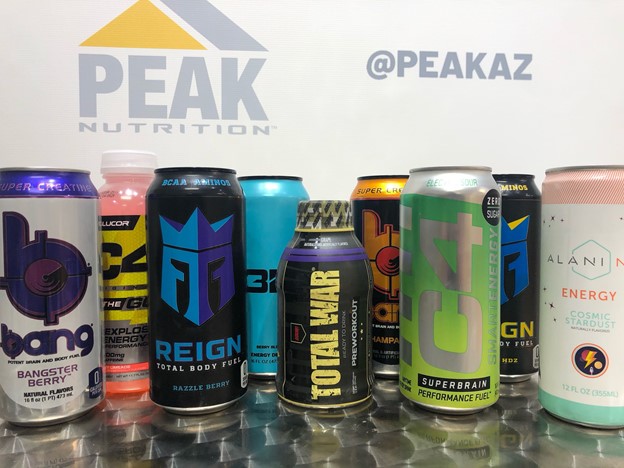
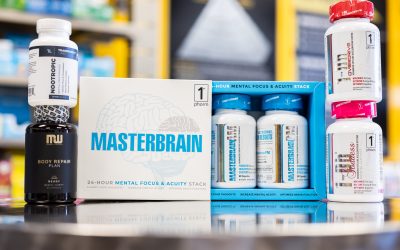
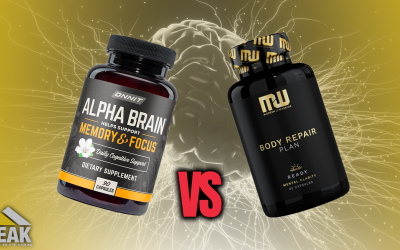
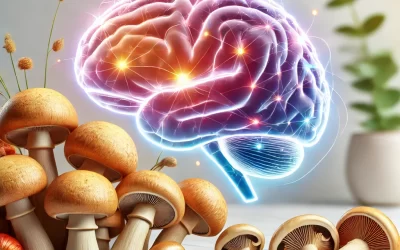
0 Comments